TWO mothers, both murdered in their homes. Both crimes originally appeared to be robberies gone wrong. Both cases are still unsolved.
But the links and coincidences between the bashing deaths of Denise Govendir in 1998 and Eva Webel in 1983 go deeper.
They lived a short walk from each other, their husbands had been friends for almost 13 years, and both women were trying to finalise a divorce.
She was found bashed to death at their home in Dover Heights
“I must say we do find it chilling,” said Michael Freedman, Denise’s cousin and spokesman for some members of the Govendir family.
“We would like to see the perpetrators of this brutal crime brought to justice. It’s incredibly important for us as a family that some resolution is found.”
The bond between George Webel and Aaron Govendir went further than just friendship.
In 1985, after Mr Webel went on trial for his wife’s murder, Mr Govendir provided alibi evidence in his defence.
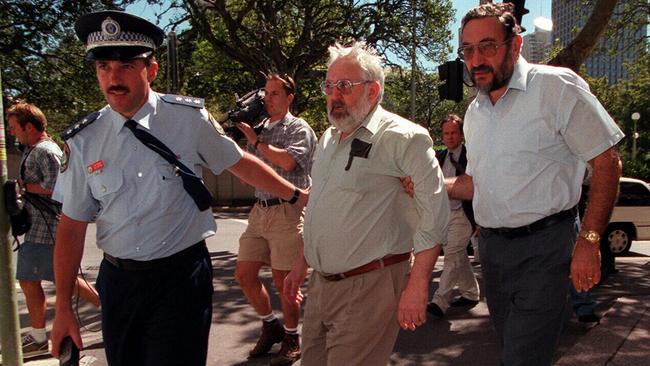
Mr Webel was subsequently acquitted of the crime.
Mr Govendir told the court he called Mr Webel’s house on the morning of the murder and he briefly answered the phone.
It meant Mr Webel could not have been at his wife’s house a few streets away where her body was found.
Today The Sunday Telegraph brings the first of a multi-part investigative series that unpacks the police investigations into both unsolved murders and poses this question to the community: Why was no one ever brought to justice?
Mrs Govendir, a charity worker and mother-of-two, had no enemies.
She was found by her husband just before 2am on March 10, 1998, bashed to death at their home on Dover Rd, Dover Heights.
Aside from a press conference given shortly after the murder, which was cut short, Mr Govendir has never spoken publicly.
He has never conducted a public appeal to find the killer of his wife.
In 2008, Acting State Coroner Jacqueline Milledge determined there was “significant circumstantial evidence” suggesting Mr Govendir was “complicit in her [Denise’s] death” but there remained “insufficient evidence to identify those responsible for her death beyond reasonable doubt.”
Mr Govendir was never charged with any offence. Despite the passage of 17 years since her murder, he declined to comment when approached at his home in Sydney’s Blue Mountains.
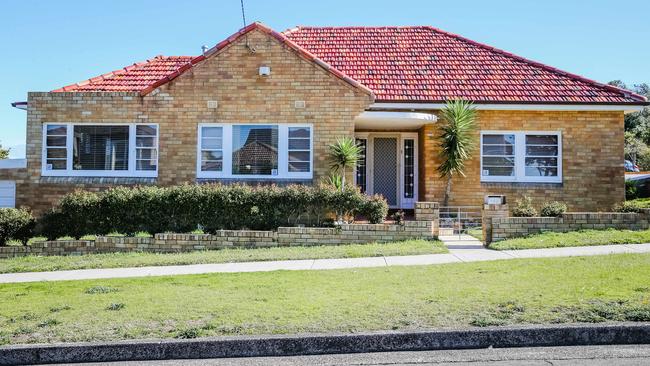
When told that a story was being published about his wife’s murder, he said “please don’t”, before shutting the door.
His children, Tahli and Philip, also declined to comment. Mr Govendir’s sister, Jeanette Trevor, declined too but said: “I hope they find the culprit one-day.”
Mr Govendir told detectives he had gone to bed with his wife about 10:15pm and was awoken by a knock at the door and a deep voice calling out that it was the police.
When he opened the door a light was shone into his eyes and he was knocked out. He regained consciousness almost four hours later and found his thumbs and big toes tied with plastic cable ties.
He told police he could only recall seeing two men in dark clothing on his doorstep.
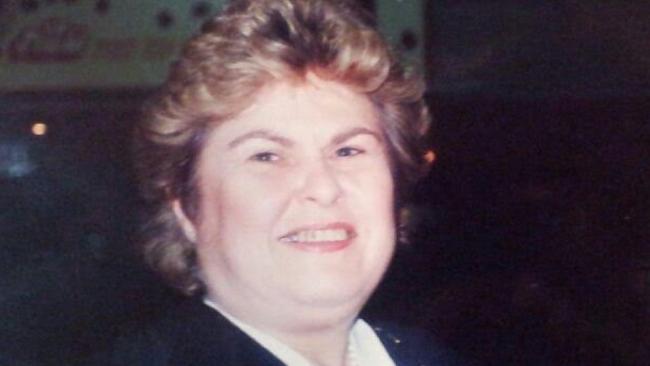
Assistant Commissioner Mark Murdoch, who is today the NSW Police Force’s corporate spokesman for domestic violence, was the lead homicide investigator tasked to investigate Mrs Govendir’s murder.
He said even now, years later, the fact the case remains unsolved still weighs down on him from time to time.
“You reflect on what more you could have done,” A/Comm Murdoch said, adding: “Getting a result for the family remains both a professional and personal objective, no matter how long it takes.”
Mrs Govendir’s case went to inquest in 2004 and the police case was laid bare.
The coroner was told the home invasion theory was aggressively pursued but all lines of inquiry had “been exhausted”.
In a lengthy submission tendered to the Coroner, A/Comm Murdoch presented an alternative circumstantial case which raised questions about Mr Govendir’s version of events.
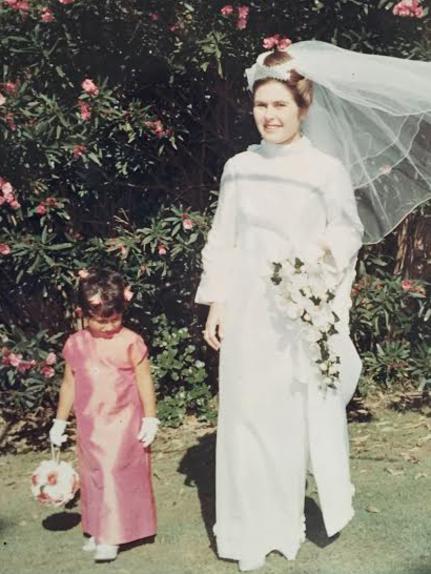

Among them included the fact that Mr Govendir had two cuts on his head where he was struck by the assailants, but no associated “swelling or bruising”.
Another issue concerning detectives was the fact that the house was ransacked but no items of value were stolen.
The only thing missing was the family car, a Ford Laser sedan, which was found 11 days after the murder parked down the road.
Despite the violent nature of his wife’s death, the inquest heard that Mr Govendir continued living in the house and driving the car for years after the murder.
Police investigated whether or not financial loss arising from the impending divorce may have been one motivating factor behind Mrs Govendir’s murder.
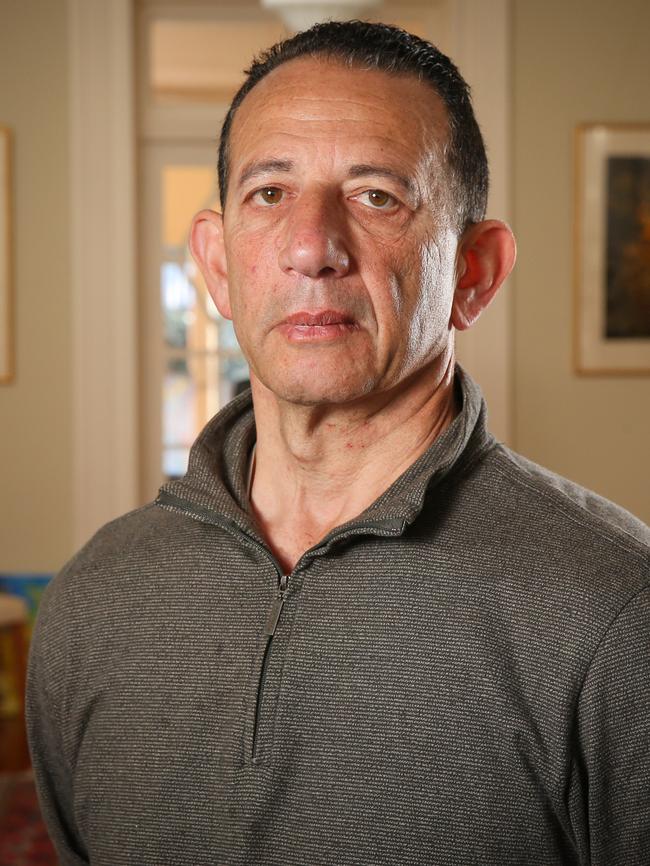
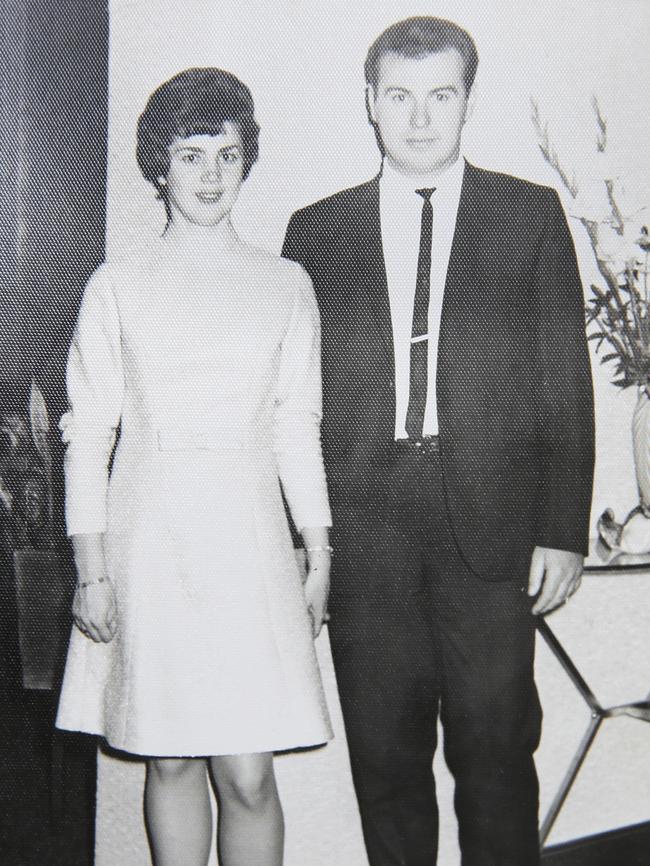
Their home was worth $1 million and she held more than $10,000 in superannuation, which was payable upon her death, along with an insurance benefit of $19,000.
In the case of Eva Webel, police looked at whether money was a motivating factor for her murder.
Her life insurance policy was increased from $50,000 to $56,000 by Mr Webel, eight months before she was killed. Police took interest in this because it happened after they already separated.
Ms Webel’s daughter Karen was 13 at the time of the murder and today is estranged from her father. She said her parents were close with the Govendirs.
“It was uncle Aaron and aunty Denny,” Ms Webel said. “We would go there quite regularly, dad was quite good friends with uncle Aaron, it was not at all unusual for them to go to do stuff together.”

Mr Webel moved to Milan, Italy, after the death of his wife but, according to his daughter, returned to Australia for a few months each year in order to satisfy the requirements of receiving a Disability Support Pension.
The Sunday Telegraph was unable to reach him for comment.
Both cases remain with the NSWPF’s Unsolved Homicide Team.
FIRST PUBLISHED IN THE SUNDAY TELEGRAPH JULY 19, 2015
LISTEN TO THE FULL SERIES HERE

ALP bulk orders anti-Dutton signs as corflutes flood Sydney
The Labor Party is understood to have bought 1,200 rolls of bunting with a photo of Peter Dutton and the words ‘he cuts, you pay’ flooding polling booths ahead of today’s election.
Luxe streetwear resellers making a motza from diehard fashion fans
The predatory practice of scalping has hit sought-after fashion brands, with claims that resellers cashing in on diehard fans are making more than the original designers.